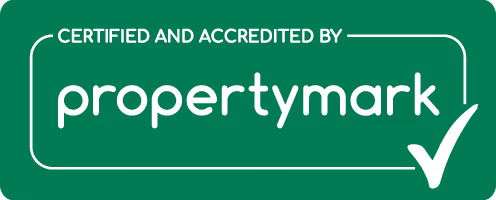Alright, London landlords, let's talk about the elephant in the room: the Renters' Rights Bill. You've probably heard the buzz, seen the headlines, and perhaps felt a shiver of uncertainty. We get it. Change can be daunting, especially when it impacts something as significant as your property investments. At base, we believe in clarity and preparation. Consider this the first step in understanding what's genuinely shifting.
So, what's the big deal? Well, the Bill, currently making its way through Parliament (originally expected to get Royal Assent by Summer 2025 and roll out later in the year or early 2026, but at this stage this timeline may be delayed), is set to reshape the private rental sector fundamentally. Its main goal? To give tenants more security and better living conditions. And while that sounds like a tenant-first approach, knowing what's coming means you, as a landlord, can adapt, comply, and keep your investment safe.
The End of the Road for Section 21
This is perhaps the biggest headline-grabber: Section 21 'no-fault' evictions are on their way out. For years, this has been a tool for landlords to regain possession of their property without giving a specific reason. Soon, that won't be an option. Instead, you'll need to rely on strengthened Section 8 grounds. This means if you need your property back, you'll need a legitimate, legally defined reason – like serious rent arrears, damage to the property, or if you genuinely need to sell up or move back in yourself.
Welcome to the World of Periodic Tenancies
Another major shift is that all tenancies, both new and existing, will become periodic contracts. Think of it as a rolling agreement, rather than one with a fixed end date. This means tenants can give two months' notice to leave at pretty much any time. For tenants, it's about flexibility and freedom. For you, it means potentially more frequent void periods if tenants decide to move on quickly, and less certainty about the duration of your tenancies. It’s a definite change from the traditional fixed-term model.
What Does This Mean for You Right Now?
The key takeaway from these initial changes is a shift from flexibility to justification. You'll need to be super meticulous with your paperwork, your tenant relationships, and your understanding of the new Section 8 grounds. It's about being prepared to prove your case if you ever need to regain possession.
In our next post, we’ll dive into the nitty-gritty of the new compliance demands and the financial realities that landlords will face. Stay tuned – we're breaking it all down for you.
Photo by Dell on Unsplash







